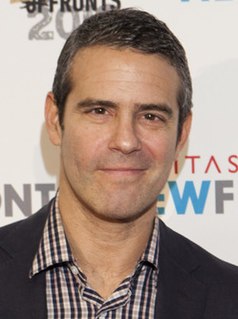A Quote by Jonathan Lethem
For those whose ganglia were formed pre-TV, the mimetic deployment of pop-culture icons seems at best an annoying tic and at worst a dangerous vapidity that compromises fiction's seriousness by dating it out of the Platonic Always, where it ought to reside.
Related Quotes
I’ve always thought that if comics are a part of pop culture [then] they should reflect pop culture, but a lot of the time comics, superhero comics especially, just feed on themselves. For me, comics should take from every bit of pop culture that they can; they’ve got the same DNA as music and film and TV and fashion and all of these things.
Observe that noses were made to wear spectacles; and so we have spectacles. Legs were visibly instituted to be breeched, and we have breeches. Stones were formed to be quarried and to build castles; and My Lord has a very noble castle; the greatest Baron in the province should have the best house; and as pigs were made to be eaten, we eat pork all year round; consequently, those who have asserted all is well talk nonsense; they ought to have said that all is for the best.
I'm a staunch believer in the effect of pop culture - including advertising and the internet - on the young. Pop culture in its narrowest sense - mass-produced film, TV, and music - either truly reflects what's up in youth culture, or it reflects what youth-filled focus groups have told marketing companies that they want to consume.
It may well be, of course, that America's pop culture is on balance better than our high art. I don't think so, but you can certainly make a case that the best of it aspires to a degree of aesthetic and emotional seriousness that is directly comparable to all but the very greatest works of high art.







































